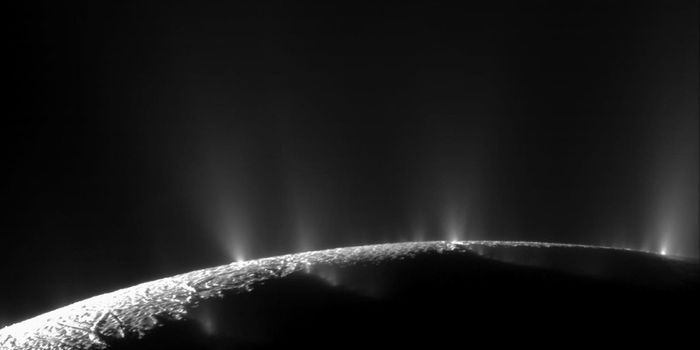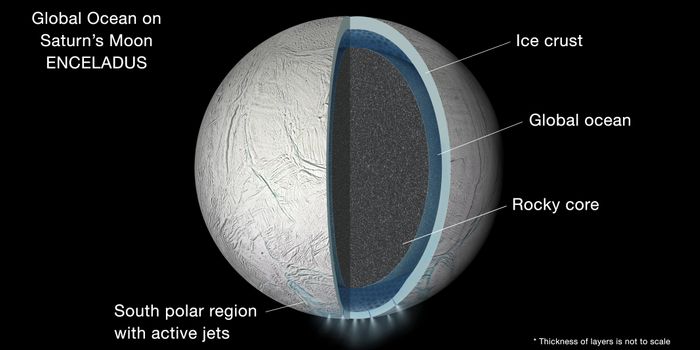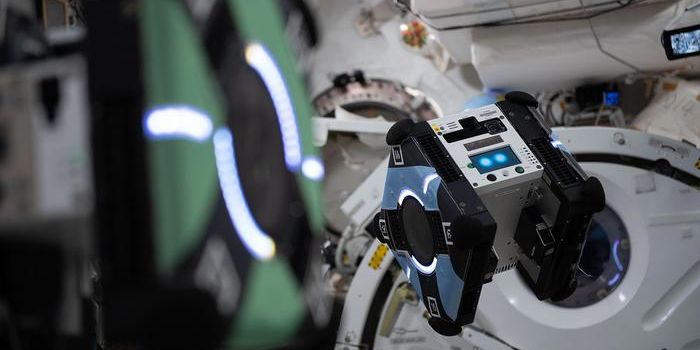New way to generate electricity from heat
Have you ever heard of paramagnons? Perhaps not, but they’re worth another look – at least that’s what researchers from The Ohio State University think. In a new study published in the journal Science Advances, an international group of scientists from Ohio State, North Carolina State University and the Chinese Academy of Sciences reveal a novel way to generate energy from heat car exhaust, interplanetary space probes and industrial processes.
"Because of this discovery, we should be able to make more electrical energy out of heat than we do today," said study co-author Joseph Heremans, who is a professor of mechanical and aerospace engineering and Ohio Eminent Scholar in Nanotechnology at The Ohio State University. "It's something that, until now, nobody thought was possible."
So, where do paramagnons come into play? These tiny particles have magnetic flux that is crucial to the energy generation process. They work by spinning to produce a kind of energy called magnon-drag thermoelectricity, which scientists had previously thought was incapable of gathering energy at room temperature. But these researchers proved that wrong.
"The conventional wisdom was once that, if you have a paramagnet and you heat it up, nothing happens," Heremans said. "And we found that that is not true. What we found is a new way of designing thermoelectric semiconductors -- materials that convert heat to electricity. Conventional thermoelectrics that we've had over the last 20 years or so are too inefficient and give us too little energy, so they are not really in widespread use. This changes that understanding."
To convert heat to electricity, the team relied on the spin created by paramagnons, which is capable of pushing electrons – the key characteristic needed to harvest electricity. Previous lines of thought had disqualified paramagnons as energy-harvesters because it was believed that magnets lose their magnetic capabilities when they heat up. But it turns out that paramagnons are just different enough from magnets in that they only push the electrons only for a billionth of a millionth of a second, and therefore don’t heat up enough to lose their magnetism.
The researchers hope that this discovery will lead to more efficient energy generation from heat in the future for industrial processes, and car exhaust, for example. They plan to continue their investigations.
Sources: Science Daily, Science Advances









